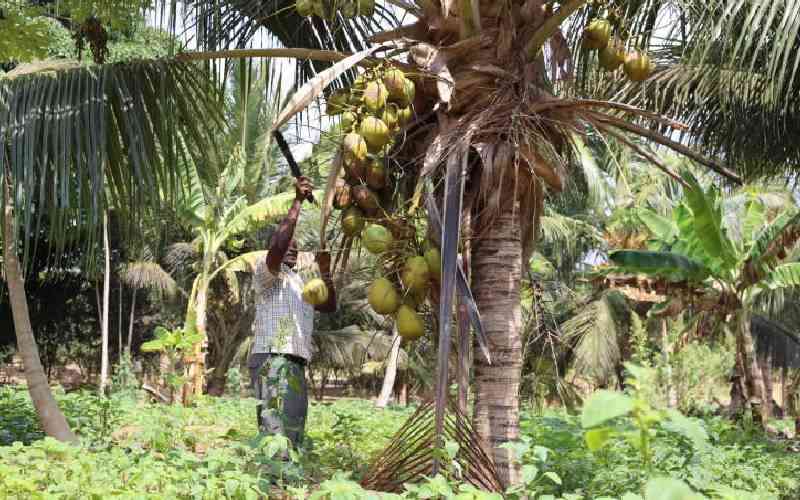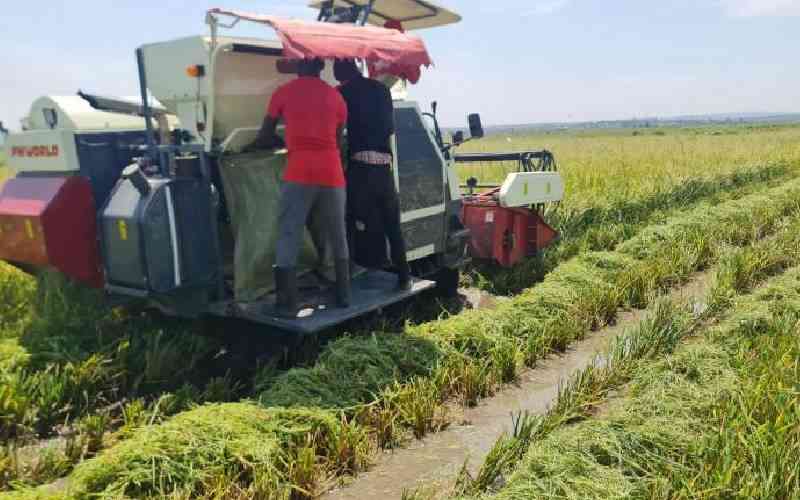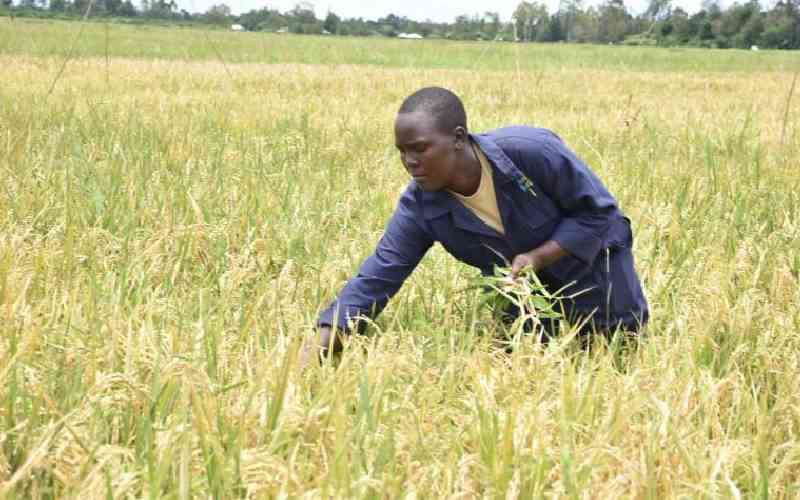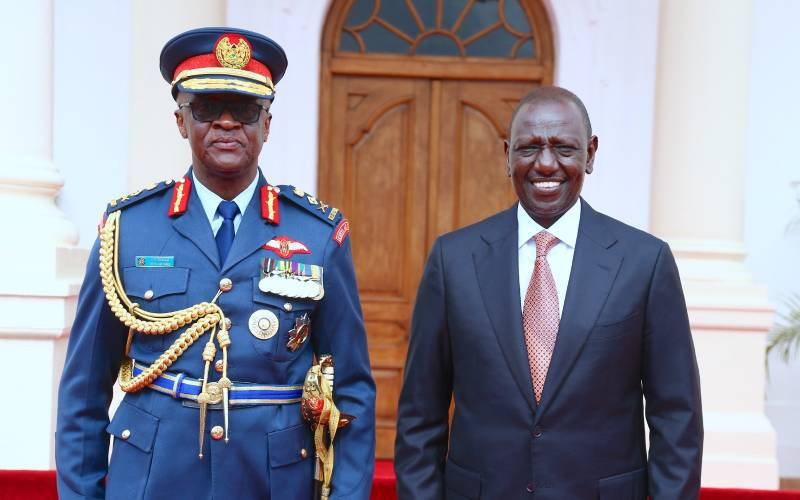In the Sh3 trillion 2019/2020 budget, agriculture was allocated 2.5 per cent which is far too below the 10 per cent recommended by the Malabo Declaration. Here are the major takeaways from the budget farmers can take advantage of.
VAT exemption on pesticides
The government has proposed to exempt agricultural pest control products from Value Added Tax. This will make them affordable to farmers and eventually lead to competitive prices for local agricultural products locally and in the region. However, as much as this is a good move, zero rating them would have been a better option.
Buy Kenya Build Kenya
There’s a proposal to promote locally grown products by introducing punitive tax measures on imports that are locally available. Although this affects manufacturing substantially, it touches on agriculture in a huge way as a source of raw materials for agro-manufacturing sector.
Irrigation
There’s a proposal to allocate Sh7.9 billion to ongoing irrigation projects. With three-quarters of the country being arid and semi-arid and coupled with the unreliable weather patterns, it’s important the country reduces reliance on rain-fed agriculture by constructing dams and water pans. However, this being additional funding, the success of these projects depends on how the government solves the Kimwarer and Arror dams scandal.
Dairy farming
In an effort to help small scale farmers commercialise their operations, the government has allocated Sh700 million to the sector. This is a laudable as previous policies were favourable to the big players locking out small scale dairy farmers from maximising their returns from the multimillion industry.
Crop diversification
The government allocated Sh1 billion for crop diversification and to revitalise the miraa industry. As Kenyans abandon traditional crops for new high-value crops such as avocados, it was necessary to support this initiative. However, the diversification should be backed by evidence of markets otherwise we might find ourselves with glut of certain products.
Fish farming
The government has set aside Sh800 million to rehabilitate fish landing sites to increase the volume handled. This will promote the food and nutrition security in the country as well boost this sector that contributes 0.5 per cent of the country’s Gross Domestic Product (GDP) whose potential can be tripled.
Coffee farming
The government has allocated Sh3 billion to set up the Coffee Cherry Revolving Fund where farmers can access advances at 3 per cent. The funds will also be used to implement prioritised reforms in the coffee sector.
Stay informed. Subscribe to our newsletter
Sugar cane farming
The government has set aside Sh700 million to pay debts owed to sugar cane farmers by public millers. This is in addition to previous years allocation of Sh 2.1 billion for the same.
Despite agriculture contributing over 50 per cent of the country’s GDP both directly and indirectly, the sector remains underfunded. In addition, the allocations seem not to target the real issue of food security among the poorest. Apart from the meager Sh700 million for commercialisation of smallholder dairy farmers and the exemption of VAT on pesticides, the budget seems to favour large scale farmers. [The writer comments on sustainable agriculture]
 The Standard Group Plc is a
multi-media organization with investments in media platforms spanning newspaper
print operations, television, radio broadcasting, digital and online services. The
Standard Group is recognized as a leading multi-media house in Kenya with a key
influence in matters of national and international interest.
The Standard Group Plc is a
multi-media organization with investments in media platforms spanning newspaper
print operations, television, radio broadcasting, digital and online services. The
Standard Group is recognized as a leading multi-media house in Kenya with a key
influence in matters of national and international interest.
 The Standard Group Plc is a
multi-media organization with investments in media platforms spanning newspaper
print operations, television, radio broadcasting, digital and online services. The
Standard Group is recognized as a leading multi-media house in Kenya with a key
influence in matters of national and international interest.
The Standard Group Plc is a
multi-media organization with investments in media platforms spanning newspaper
print operations, television, radio broadcasting, digital and online services. The
Standard Group is recognized as a leading multi-media house in Kenya with a key
influence in matters of national and international interest.









